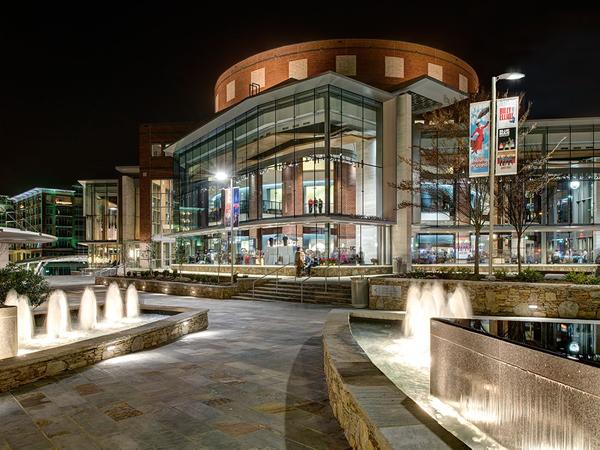
Date: 14 August 2017
To say The Peace Center for the Performing Arts, located in the center of Greenville, South Carolina, has a variety of uses and attributes would be a classic understatement.
Hosting over 300 events a year, The Peace Center has four resident companies: Greenville Symphony Orchestra, Carolina Ballet Theatre, South Carolina Children’s Theater, and the International Ballet. It even hosted a debate among Democratic presidential candidates in 2004.
The main campus is composed of a concert hall, theater, and amphitheater to house events that range from classical music concerts to Broadway shows to appearances by popular artists, such as David Copperfield.
To keep the magic coming, however, a renovation and expansion was needed for this cornerstone of culture to grow and evolve for enhanced programs.
The Peace Center for the Performing Arts has been a major catalyst in the revitalization of the city’s once downtrodden downtown area. Built some twenty some years ago, The Peace Center has more than helped shape Greenville into the dynamic business and visitor destination it is today.
It continues to serve as a magnate for musicians creating a thriving music scene. From local bands playing in the many bars and eateries, to outdoor concerts along the Reedy River and major touring musicians – all of these entertainers attract more visitors, more infrastructure improvement, and more business development.

According to the venue website, the venue’s mission is to present the world’s finest performers, provide arts education and outreach, and support local arts organizations to further cultural advancement, arts appreciation, and the economic development of South Carolina.
The campus sits on land that once housed a Civil War Confederate wagon manufacturing company, an 1800′s textile mill, and buildings that were formerly the home of the Duke’s mayonnaise company.
The Performing Arts Center began its existence twenty years ago on a Main Street corridor with boarded storefronts, a kudzu-laced creek, and a downtown with seemingly little promise. The Center’s initial investment would result in an Arts Center comprised of two significant theater buildings and an adjacent artist and staff support space.
Named after the local Peace family who donated $10 million towards its original development, The Peace Center lifted its curtain in 1990.
The Peace Center owns and operates three performance venues: the 2,100 seat Peace Concert Hall; the 400-seat Gunter Theatre; and the TD Pavilion with a more than 1,200 seating capacity, including popular open seating along the tiered, seat-walls using blankets or lawn chairs. It’s a facility that both patrons and performers alike love for its ambiance, superior acoustics, and venues.
The complex had also set in motion a development renaissance that has seen a lauded, vibrant downtown, and adjacent award-winning urban park, flourish over the last decade. The surrounding urban development and growth was so significant that the facility almost found itself segregated from the very downtown fabric it had inspired to develop.
To keep the building as fresh as the events it housed, the organization raised over $21.5 million for renovations to keep it at the forefront of attracting businesses and visitors to downtown.
The renovation focus areas include improved circulation and accessibility, improved merchandise and ticket sales support, reconfigured loading and site circulation, and the addition of a new Donor’s Pavilion and public lobby overlooking the river.

The owner’s renovation plans started at the front of this historic venue. They partnered with regional architecture firm Garvin Design along with Harris Wall Systems, Inc. and W&W Glass as part of a “design assist team” to create a breathtaking entrance and enclosures which would set the stage for any performance.
A new impressive glass facade and more pedestrian-friendly outdoor plaza created a dynamic, inviting and accessible space for pedestrians, complete with water features and the addition of seating for lunchtime. The concert hall’s lobby doubled in size, and a major facelift was given the TD Stage, the outdoor amphitheater next to the Reedy River.

This intricate renovation of the Peace Center’s new lobbies and enclosed public spaces featured Pilkington Planar™ point supported structural glass curtain walls.
The curtain walls used face glass comprised of Pilkington Optiwhite™ low-iron insulating glass units with HP 69/37 low-e on the #2 surface for ultimate clarity and crisp reflections of the exterior surroundings.
The glass is suspended from laminated tempered glass fins utilizing Pilkington Optiwhite™ low-iron SentryGlas® interlayer laminated glass with custom translucent simulated acid etch frit, also on the #2 surface.
The fritted glass fins bisect the glass joints at the top of the second floor lobby wall by over a foot to give the facade some articulation. All exterior glass panels are anchored in place with Pilkington 905 fittings to transfer loads back to the fins.
The high performance, low-e coated insulating glass units and point-supported fittings were manufactured by Pilkington in the United Kingdom as part of the Pilkington Planar™ system.

In addition to the design of expanded lobbies and a patron lounge with dining capabilities, this urban project involved the complete re-design of the overall campus. The project site resides at the intersection of two primary downtown streets alongside a meandering river with breath-taking views from the new expanded facilities.
City leaders described these renovations as a facilitation of a paradigm shift for the twenty-year-old theater campus to ensure the Center’s overall design offering the most extraordinary cultural experience possible for both patrons and visitors alike for years to come.
 600450
600450

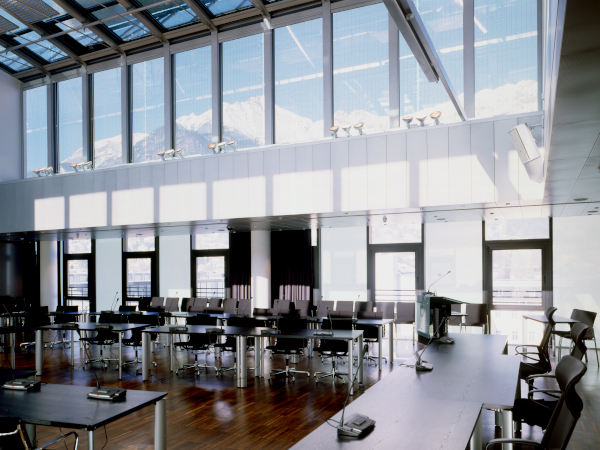
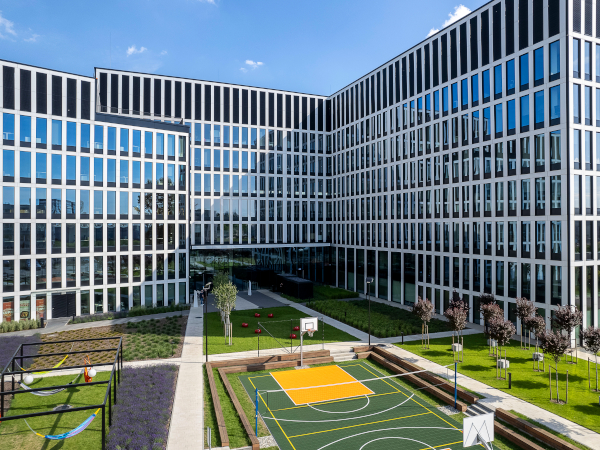
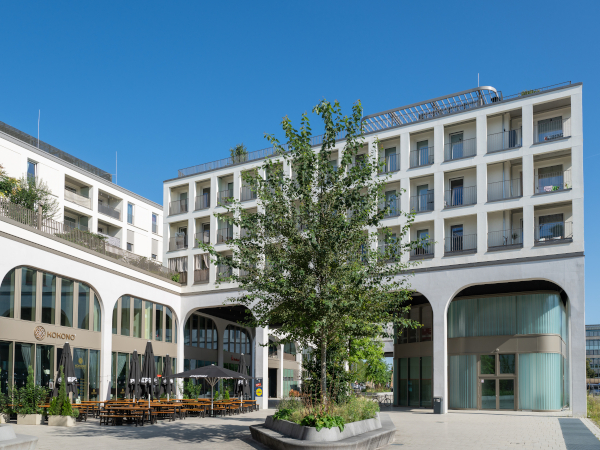
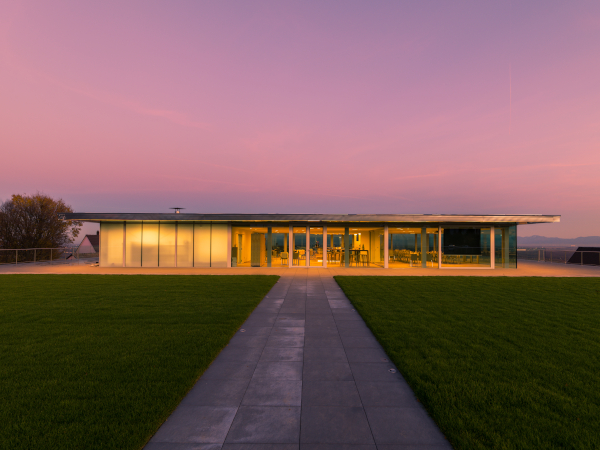
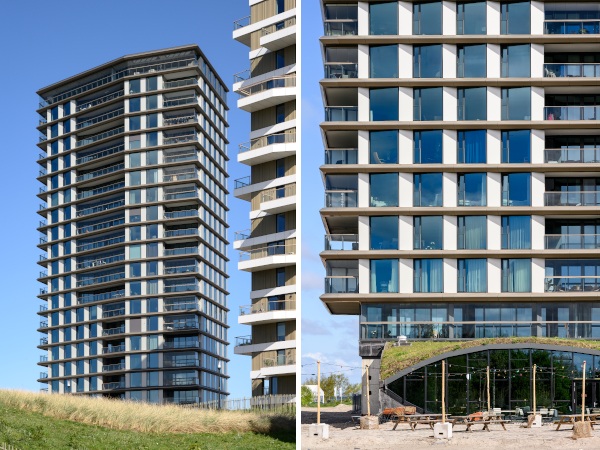
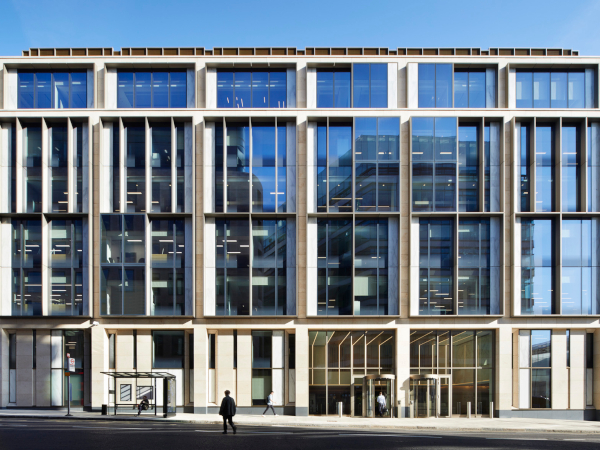





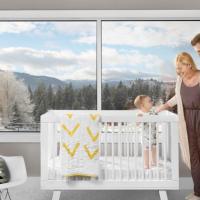
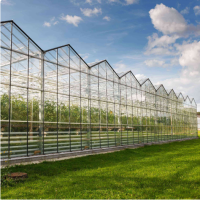
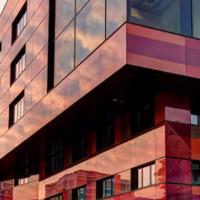
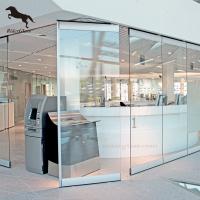

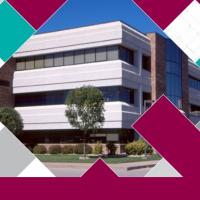
Add new comment